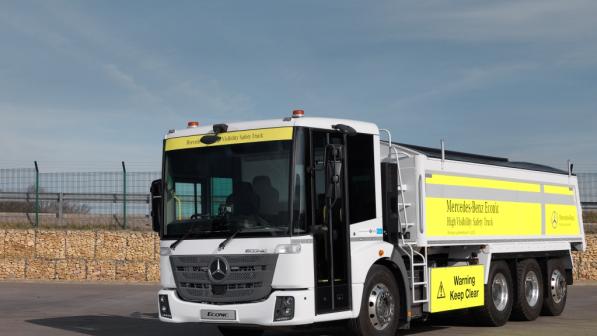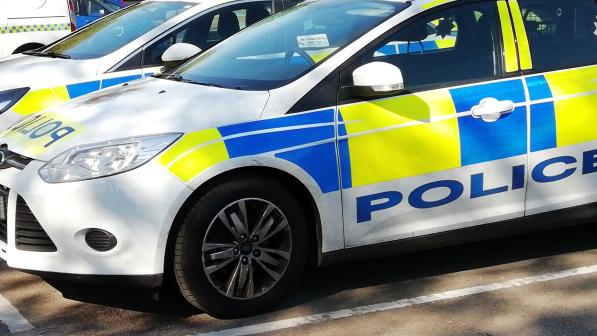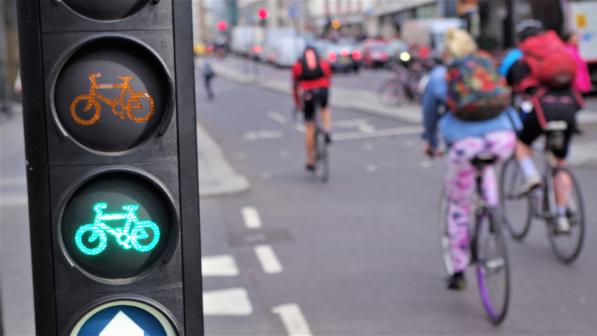What should the Health & Safety Executive, Traffic Commissioners and other agencies do to improve road safety?

When HGVs or other vehicles are involved in serious injury or fatal collisions, the subsequent focus is often largely on the driver and/or the victim, rather than on whoever employed the driver and supplied the vehicle.
However, it is important not to forget the responsibility of operators who, for example, employ unfit or unqualified drivers (see the case of Frys below), and/or allow unsafe vehicles onto the roads.
The Health and Safety Executive (HSE)
The HSE has jurisdiction to prosecute offences under the Health and Safety at Work Act (HSWA), section 3.
This provides a general duty on employers to conduct their business in such a way as to ensure, as far as reasonably practicable, that members of the public who may be affected thereby are not exposed to risks to their health and safety.
In theory, this means that the HSE could and should have a role in enforcing work-related road safety.
In practice, however, it is HSE’s policy to leave enforcing road traffic law to the police and DVSA (Driver and Vehicle Standards Agency). Accordingly, it does not generally become involved in road traffic incidents unless they are in specific work-related situations (e.g. refuse collection, hedge cutting and similar).
HSE’s unwillingness to take up cases where there have been clear breaches of health and safety legislation - but off-site and on a public road - means that work-related road safety is not prioritised.
Yet learning from mistakes, and developing safe working practices and operational management systems on the back of them, is essential for reducing the risks that commercial driving activities pose to the public.
In 2015, the Transport Safety Commission published ‘Who should be responsible for road safety’, a report expressing disappointment at HSE’s approach to work-related road safety.
The authors recommended a change in HSE policy that would require employers to submit a report to them should any employee driving/riding for work injure a member of the public. This, they said, would help ensure that managing and investigating such events would be commensurate with the way injuries that happen in a fixed workplace are handled.
Around 30% of road deaths occur during the course of employment and greatly exceed those occurring in the workplace, yet the Health and Safety Executive’s priorities do not include work-related road safety.
Professor Stephen Glaister, Co-Chair Transport Safety Commission Inquiry Report
Case study: the failure to prosecute Frys Logistics
Andrew McMenigall and Toby Wallace were on a charity cycle ride in July 2013 when they were killed near Newquay in an incident involving an HGV. The driver, Robert Palmer, drove into them after falling asleep at the wheel.
In September 2014, Palmer pleaded guilty at Truro Crown Court and was handed a prison sentence for causing the two cyclists’ deaths by dangerous driving, and for a separate offence of dangerous driving seven weeks later when he drove into the rear of another vehicle, again in the course of his employment by Frys.
Frys regularly allowed Palmer to work consecutive shifts repairing vehicles in their yard, followed by a shift driving an HGV. As a result, he often drove in an exhausted state.
In November 2016, the Traffic Commissioner revoked Frys’ operator licence, saying the company put profit before the law with its disregard for the rules.
The Commissioner said that this contributed to Andrew and Toby’s deaths, adding that the case was by far the worst she had seen since taking on her role in 2007.
She also disqualified Transport Manager Mark Fry, the sole director of Frys, from acting as a transport manager for 10 years, and both Frys and Mark Fry himself from holding an operator licence or being involved in the management of HGVs for the same period. The Commissioner stated that this was "the longest period of disqualification [she] had imposed by far" in her role.
The missing part of the enforcement package was the failure to prosecute Frys as an employer.
This was because the HSE declined to investigate, stating that it was “not within their protocols for prosecution”.
We know this because, when we wrote to them about the case and referred them to their jurisdiction under the HSWA, they told us:
- As a regulator, they have developed policies to guide them on which incidents to investigate and when, and to help prioritise and allocate their resources;
- It is not their policy to seek to enforce Health and Safety at Work legislation where public safety is adequately protected by more specific and detailed law enforced by another authority;
- In relation to road traffic incidents, their policy is to focus on specific work activities (e.g. hedge cutting and refuse collection), and vehicles moving in and out of work premises.
Conversely, Cycling UK argues that investigating the death of two members of the public on a public road, caused by a driver whose employer knowingly allowed him to work long hours and drive while exhausted, should have been a priority for the HSE.
More generally, Cycling UK recommends that the HSE should be required to prioritise their road safety role in any case, to pursue it proactively, and be given the resources to do so.
Its policies and advice to employers should also make it clear that they need to consider not only the road risks faced by employees themselves, but also the dangers they may impose on other road users.
Collaboration between responsible agencies
In 2015, Transport for London (TfL), City of London Police, the Met Police Service and DVSA set up the London Freight Enforcement Partnership (LFEP).
Building on existing initiatives such as the Industrial HGV Task Force, the partnership is a joint intelligence-led scheme to eliminate rogue freight operators.
The agencies share intelligence and conduct joint enforcement operations involving both the police and the DVSA. This has enabled the LFEP to target the least compliant freight operators, a move particularly relevant to cyclists and pedestrians because of the disproportionate risk HGVs pose to them.
Celebrating the partnership’s second anniversary in November 2017, TfL announced that it had:
- Stopped and checked 33,000 freight vehicles;
- Issued 9,114 fixed penalty notices and traffic offence reports, along with 5,600 mechanical prohibitions to operators with seriously defective vehicles;
- Seen 106 arrests, 221 vehicles seized, and 12 operator licences revoked.
Having accepted Cycling UK’s case for the LFEP model to be implemented throughout the country, MPs on the Transport Select Committee recommended that “the Government assess the impact of intelligence sharing and joint working in London and the South East, and ensure that it is possible for information and technology to be used effectively by the DVSA across the country in order to improve compliance.”
Likewise, the All Party Parliamentary Cycling Group (APPCG) also called for the Government and other local authorities to adopt similar partnerships in other parts of the country to counter the risk posed by illegal freight operations.
Despite these recommendations, and the LFEP’s continued success, the model has not yet been adopted beyond London.
Cycling UK thus recommends that the Government takes the lead either to establish a national scheme based on LFEP’s model or ensure that similar schemes are adopted elsewhere.
Traffic Commissioners
There are only seven Traffic Commissioners (TCs) covering England and Wales. Their role involves:
- Licensing the operators of HGVs and of buses and coaches (public service vehicles or PSVs);
- The registration of local bus services;
- Granting vocational licences and taking action against drivers of HGVs and PSVs.
The TCs’ role in regulating operator licences is crucially important. Their ability to act, however, is compromised by lack of resources, and/or simply because of a failure to notify them of relevant cases. For example:
- The driver of the lorry that killed cyclist Alan Neve in London (2013) was unlicensed and had a string of previous convictions. The TC, however, was not notified until after these facts emerged at trial, nearly two years after Mr Neve’s death. Only then could the TC act to revoke the operator licences of the two transport managers/owners of the company that had hired the driver.
- It was not until the end of 2015 that the TC took action against Frys.
To enable TCs to use their powers effectively and in a timely manner to act against irresponsible operators and drivers, Cycling UK recommends that systems are introduced to ensure that the Commissioners are systematically notified of concerns / investigations into drivers and operators, and properly resourced.




